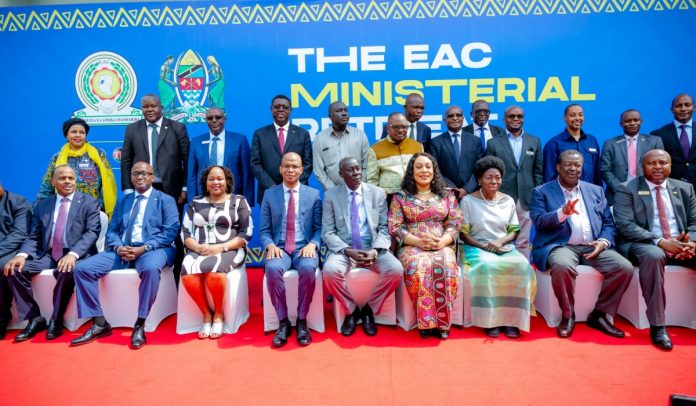Ministers of foreign affairs of Rwanda and DR Congo are expected to meet in Angola, on Tuesday, July 30, for high-level consultations on the diplomatic tensions between the two countries.
A Rwandan delegation led by the Minister of Foreign Affairs and International Cooperation, Olivier Nduhungirehe, had arrived in the Angolan capital, Luanda, by Tuesday morning.
This comes barely a month after foreign ministers from the two countries “agreed to meet at the earliest in the framework of the Luanda process,” during a meeting of East African Community (EAC) ministers of foreign affairs, held in Zanzibar, Tanzania, so as to address securities issues that have led to diplomatic tensions.
It will be the second time Rwandan and Congolese foreign ministers meet in the Angolan capital over the conflict in eastern DR Congo. The first meeting happened in March.
Angola’s President Joao Lourenço is the mediator between Rwanda and DR Congo, under the African Union-backed Luanda Process, which was initiated in mid-2022 to mend diplomatic relations that were affected by the conflict in North Kivu province, where a government-led coalition is fighting the M23 rebels, a Congolese rebel group fighting to protect persecuted communities in DR Congo.
DR Congo accuses Rwanda of supporting the rebels, allegations the Rwandan government dismisses.
Rwanda accuses the Congolese armed forces (FARDC) of integrating the FDLR, a UN-sanctioned militia linked to the 1994 Genocide against the Tutsi in Rwanda. The militia was formed in DR Congo, in mid 2000, by the masterminds of the 1994 genocide against the Tutsi in Rwanda.
In the conflict in North Kivu, the FDLR is part of the FARDC coalition that also includes Burundian forces, troops from the Southern African Development Community (SADC), local groups known as Wazalendo and European mercenaries.
For years, Rwanda has asked the Congolese government to disarm the genocidal FDLR and address the root causes of the conflict in its eastern provinces.
The root causes of the violence in eastern DR Congo include decades-long persecution and alienation of Kinyarwanda-speaking communities.
The FDLR is spreading violence and hate speech against the Congolese Tutsi communities.
The decades of conflict have produced hundreds of thousands of refugees in the region, with Rwanda hosting more than 100,000 of them. Many of the refugees, mostly from DR Congo, have lived in Rwandan camps for nearly 30 years.
By August last year, Rwanda had received more than 11,500 refugees from eastern DR Congo since 2022, according to the United Nations High Commissioner for Refugees.
The first cohort of Congolese refugees arrived in Rubavu District, Western Province in November 2022, when the conflict between the Congolese armed forces and M23 rebels moved closer to the Rwandan border.

